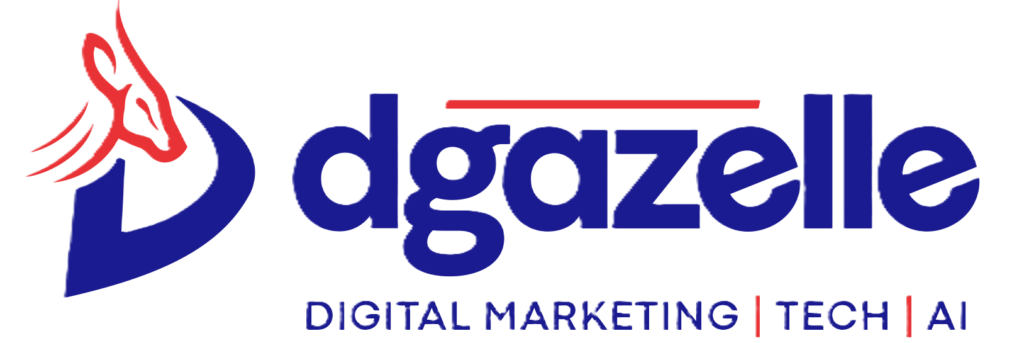Exceptional salesmen do not distinguish themselves from others by doing what everyone else does and hoping for the best. They go above and above, something you cannot achieve if you rely just on traditional sales techniques.
No, the top salespeople display sophisticated sales abilities, which can assist position you as an authoritative, helpful, and empathic adviser with knowledge relevant to your prospect’s situation. Here, we’ll go over some of those skills and the approaches required to demonstrate them.
Advanced Selling Skills
1. Be helpful. Without Being Too Friendly.
As cold as this may sound, potential clients are not your friends. Any sale is a professional endeavor and should be treated as such. That does not mean you have to intimidate potential clients, roll your eyes at their questions, and become overtly frustrated whenever they take too long to respond.
However, this does not mean that you can give in to their every demand, concur with all of their concerns, and allow them drive the conversation. The finest salesmen can create a balance between such extremes, assisting their prospects while maintaining control of the sale.
To find the balance between overly friendly and confrontational, adopt a consultative sales approach. As the expert, lead with thoughtful, relevant questions and address objections empathetically. Focus on understanding the client’s business, its specific pain points, and how your offering provides the best solution. Guide them through recognizing their issues, seeing your product’s value, and finding the intersection of both. This advisory perspective ensures a balanced, effective sales strategy.
Conveying Value Specific to Your Prospect
To adopt an advisory role, you must understand who you’re advising. Exceptional salespeople don’t rely on generic pitches. Instead, they offer tailored value propositions based on the prospect’s unique circumstances, the implications on similar businesses, potential outcomes, and how their offering can create ideal results. This focus surpasses highlighting product features.
For example, an edtech company selling to a community college should avoid generic claims like “Our product has an accessible interface.” Instead, they should emphasize, “Manual registration tracking causes under- and over-enrollment, stalling degree progress. Our solution optimizes course planning, accelerating degree completion.”
The perfect value proposition does not appear out of nowhere. You can’t just read the first page of a company’s website and figure it out on the spot. You must have a thorough understanding of a company’s leadership, industry, market position, and present performance, among other variables.
That requires extensive research, whether through company marketing collateral such as case studies, industry publications, public financial reporting, background information on company leadership, or any other resources that can provide a closer look at what a business does and the challenges it faces. From there, you can begin to put together a thoughtful value proposition that will resonate with your prospect.
Pointing out pain points that your prospect could have never even considered.
Pain points are the foundation of sales; without them, sales would not exist. To market well, you must identify and address them. Sometimes pain areas are clear, but the finest salesmen unearth concerns that the prospect has not even considered. Identifying and addressing these hidden issues in a single conversation requires complicated and advanced skills. Mastering this process wins you a special level of trust from the prospect by displaying your thorough comprehension of their business, awareness of its obstacles, and capacity to handle them as they develop.
Consultative selling is a sales method in which a salesperson first establishes value, trust, and rapport with a prospect before delivering a solution. It’s a relationship-first methodology—once you’ve established one, you can begin selling.
The process entails balancing questions and insights, expressing expertise, keeping interactions authentic, allowing for some back-and-forth, being open to feedback, and listening closely.
If you follow these methods, you may put your prospects at ease and get them to talk. They can utilize you as a sounding board and, ultimately, raise difficulties that they may not have considered during the process.
Communicating knowledge specific to the industry
Trust is a reoccurring element that appears in every point on this list; excellent salespeople understand how to rapidly and persuasively build trust with prospects. Specificity frequently results in confidence.
Prospects expect a detailed value proposition with specific activities to address their specific pain areas. One method to nail that part is to demonstrate comprehensive understanding of their industry in your conversation with them.
Demonstrate your knowledge and awareness of the trends that will influence how they and their competitors operate. Again, you want to show that you’re more than simply a salesperson; you’re an expert who understands both what they deal with and how those larger issues influence how they function.
Like the second point on this list, this starts with research, but how you relay your knowledge to your prospect is key. Share relevant, industry-specific content at different stages of their buyer’s journey. This technique, when done right, can significantly enhance your credibility. Avoid overwhelming your prospect with numerous articles just to showcase your expertise. Instead, find content that ties into points discussed in emails or calls. For example, if selling a construction project management solution to a fast-food chain, share an article on how franchises use cutting-edge tech, demonstrating your industry awareness and providing valuable insights.
Maintaining the “Contrarian Mindset”
Maintaining a contrarian mentality requires the capacity to identify gaps and hiccups in your prospect’s operations. It’s a matter of remaining suspicious, observant, and aware of erroneous logic, missed chances, or subpar execution.
Exceptional sales professionals with this approach hunt for areas where the customer may have gotten something “wrong.” Did they pass up an opportunity to save money? Do they use any techniques that produce substandard results? Are certain parts of their technology stack redundant or inefficient?
With this mentality, salespeople may turn obstacles into potential “ins” that serve as the foundation for a great value proposition. From there, they can provide an alternative perspective to raise and answer unique questions, rather than confirming previously established ones.
“Maintaining a contrarian mindset” is a product of your ability to investigate your prospect, specifically how their firm is performing.
See if you can learn what solutions they are currently using. Examine their public financials to see if they could improve in that area. See if you can gain any insight into their clientele.
Drill deeply into how they’re performing and what’s influencing it. Furthermore, you must actively listen during all of your talks with them. Be on the lookout for any information they may share regarding where their business falls short and why.
Conclusion
Being an exemplary sales rep takes more than doing whatever everyone is doing better than everyone else — you need to branch out and master less conventional skills to get there. Obviously, this list of advanced sales skills is far from exhaustive, but it’s a good place to start if you’re looking to take your sales game to the next level.
GET IN TOUCH
Partner with our expert digital marketing agency for tailored strategies and measurable results.







